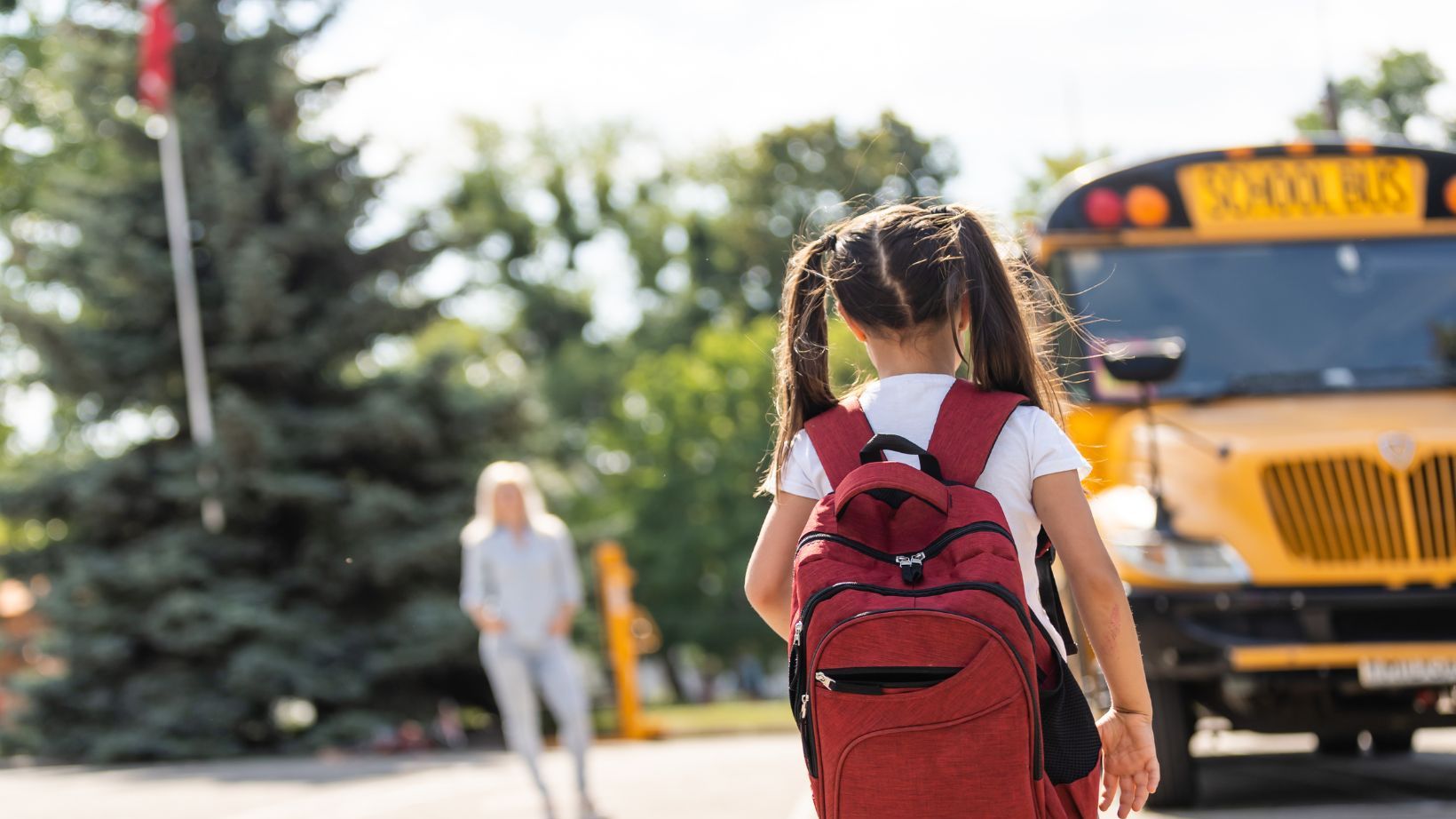Supporting Kids (and Ourselves) After Yet Another School Shooting

The past few weeks have felt heavy. I’ve heard from many moms who are grappling with fears about sending their kids to school in light of the most recent school shooting. Sadly, there have been too many of these tragedies, and each one leaves parents feeling raw, anxious, and uncertain about how to best protect their children while also supporting their emotional well-being.
As both parents and caregivers, we’re asked to hold the impossible: our own fear and grief, while also creating a sense of safety and stability for our children. It’s important to remember that we can’t pour from an empty cup. Supporting your nervous system first is an essential step before talking with kids about scary events.
Supporting Your Own Nervous System
When tragic news strikes, your body and mind may respond with anxiety, fear, or even anger. Before trying to reassure your child, take time to ground yourself:
- Breathe: Slow, steady breaths calm the nervous system and signal safety to your body.
- Limit exposure: Turn off the news and avoid endless scrolling. Protect your mental health by setting boundaries with media.
- Seek support: Talk to a friend, therapist, or support group about your feelings. Naming your fears out loud can lessen their intensity.
- Prioritize routine: Ground yourself in familiar, predictable rhythms like family meals, bedtime routines, or a daily walk.
Your ability to model calm and resilience matters more than having the “perfect” words.
How to Talk to Kids About School Shootings
Children notice far more than we often realize. Even young kids pick up on adult conversations, school drills, and snippets of news. Avoiding the topic can sometimes create more fear and confusion. Instead, try these age-appropriate approaches (adapted from Save the Children):
- Start the conversation. Gently ask what your child has heard and invite them to share their thoughts.
- Keep it simple. Share only what they’re developmentally ready for—leave out unnecessary details.
- Emphasize safety. Reassure your child that schools have plans in place, teachers know how to keep them safe, and emergency drills are practice for rare situations.
- Normalize fear. Let kids know it’s normal to feel scared. Share that fear is the body’s way of keeping us alert in dangerous situations.
- Highlight helpers. Remind children that teachers, school staff, and first responders work hard to protect them. Focusing on helpers restores a sense of balance and hope.
Signs Your Child May Need Extra Support
It’s normal for kids to feel anxious after hearing about frightening events. But if you notice ongoing sleep difficulties, withdrawal, irritability, or extreme fearfulness, it may be time to seek professional support. Therapists, school counselors, and pediatricians can help children process trauma and restore a sense of safety.
Moving Forward
There’s no easy way to parent through the reality of school shootings. Each tragedy reminds us of both the fragility of life and the strength of community. By caring for our own nervous systems, we can find the steadiness and peace we need to keep moving forward. And by having honest, compassionate conversations with our kids, we can offer them something they desperately need: not perfect protection, but the presence of a grounded, loving parent who sees and supports them.
🩵 If you or your child are struggling to cope, please know you don’t have to navigate this alone. Support is available—and reaching out is a powerful step toward healing.
Source: https://www.savethechildren.

